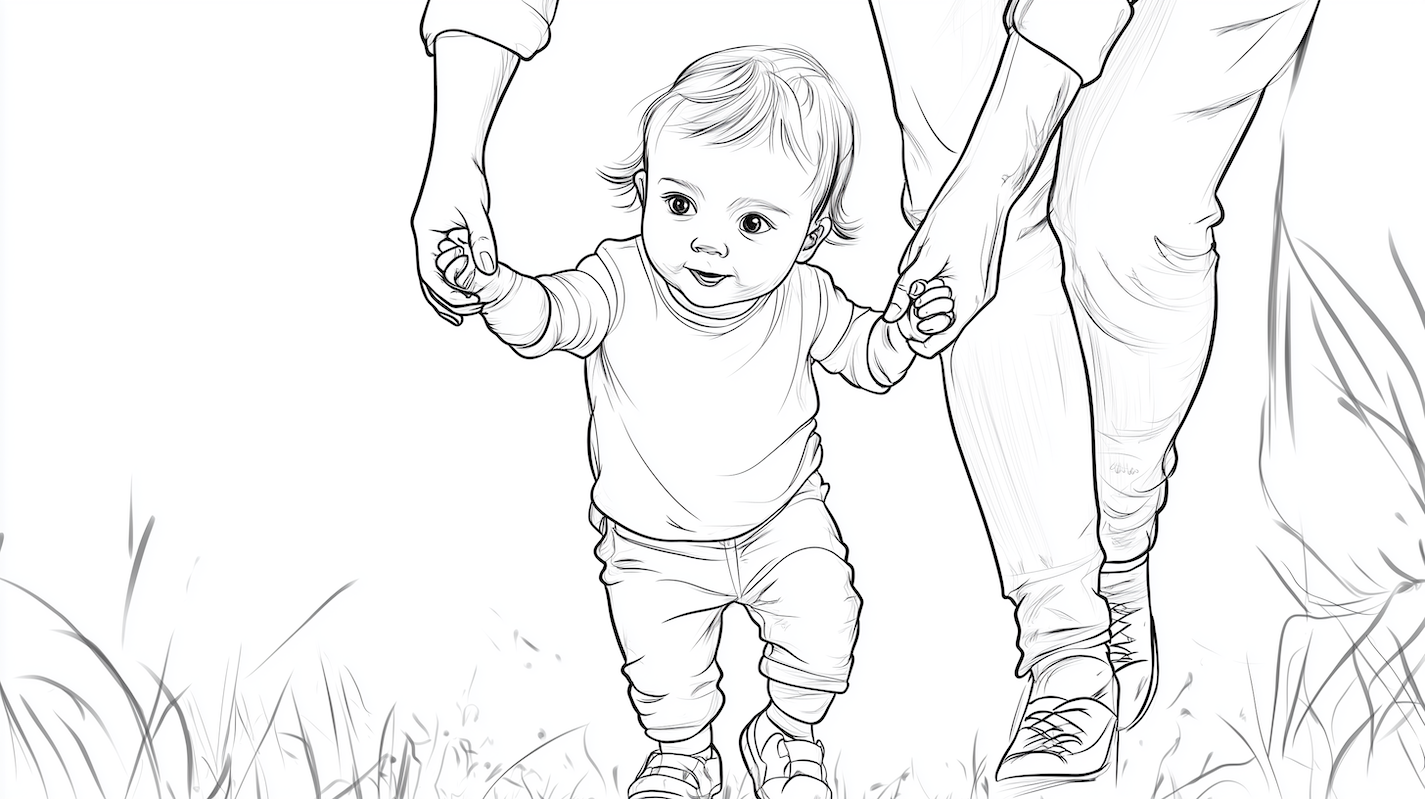Milestones

Embrace Your Child's Unique Journey.
Watching a child reach their milestones is a thrill. First steps, first words, using the potty like a pro—each one feels like a tiny victory. But along with that excitement comes the urge to compare.
It sneaks in at the playground, on playdates, in casual conversations. “Oh, your child isn’t walking yet? Mine walked at ten months.”
Suddenly you’re worrying about whether your child is “on schedule” instead of enjoying the ride.
Relax.
Milestones are important, but the timeline is not.
There Is Always a Reason:
Milestones don’t happen in isolation and they’re not a race. They’re the result of a complex mix of developing muscles, brain connections, senses, and—perhaps less obvious—personality.
- Every child develops at their own pace: Some take their first steps early, some take their time. Both are fine.
- Personality plays a role: The adventurous, physical ones dive right in. The more observant, cautious ones hang back. Neither approach is better—it just depends on the child.
- Milestone ages are ranges, not deadlines: Those charts? They’re guidelines, not targets. And the older a child gets, the wider your acceptable range should be.
- There’s no long-term advantage: Walking at ten months doesn’t mean a child is gifted. Counting early doesn’t guarantee a math prodigy. And late talkers can go on to be great communicators.
Here's What I Suggest:
So how do you handle milestones without turning parenting into a scoreboard?
- Focus on progress, not timing: What matters is that a child gets there—it doesn’t matter when they get there.
- Keep comparisons in check: The only person your child should be competing with is themselves.
- Adjust expectations: Boys often develop later than girls, premature babies follow their own adjusted schedule (remember to count from their due date, not their arrival date—being born doesn’t magically advance their development), and overall, nature takes its time.
- Provide stimulation, not pressure: Read with them, talk to them, play with them, and explore the world together. That’s enough. There’s no magic trick to speed up development.
- Trust your instincts: If something truly feels off, check with a pediatrician—but don’t let Google or playground chatter be your only guide.
- Celebrate small wins: Milestones are more than big moments—clapping, stacking blocks, or making eye contact all count.
- Remember the whole child: Emotional, social, and physical development all matter. A child who’s slow to talk might excel in empathy or problem-solving.
Common Challenges:
- Worrying about being “behind”: Unless a child is significantly delayed, there’s no need to panic. Trust that they’re moving at their own pace.
- Pressure from other parents: If another parent brags, nod, smile, and change the subject. Your child is not a project to keep up with theirs.
- Frustration with slow progress: Some skills take time. Encourage, support, and let them develop at their own speed.
Look on the Bright Side
The world is full of adults who walked, talked, and learned to read at different ages—and you can’t pick them out in a crowd. In the long run, when a child reaches a milestone means nothing. What matters is that they feel supported and confident as they grow.
So, my advice is to relax. Enjoy the learning process without watching the calendar. Instead of pushing for the next stage, celebrate each one as it comes. Childhood isn’t a checklist—it’s an experience.
And trust me, no college application has ever asked, “At what age did you start walking?”
●●●
